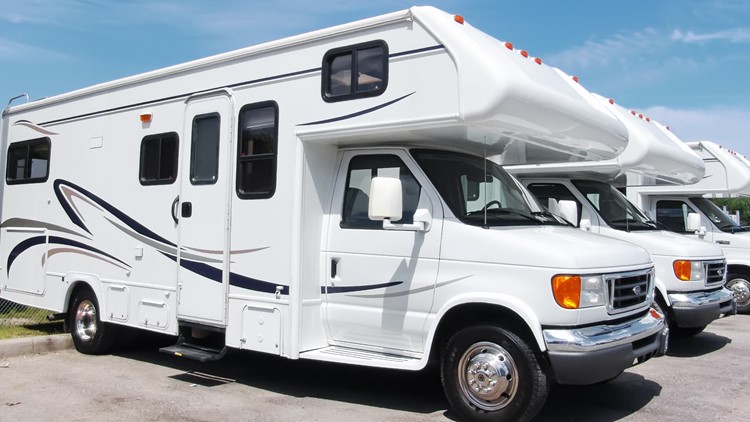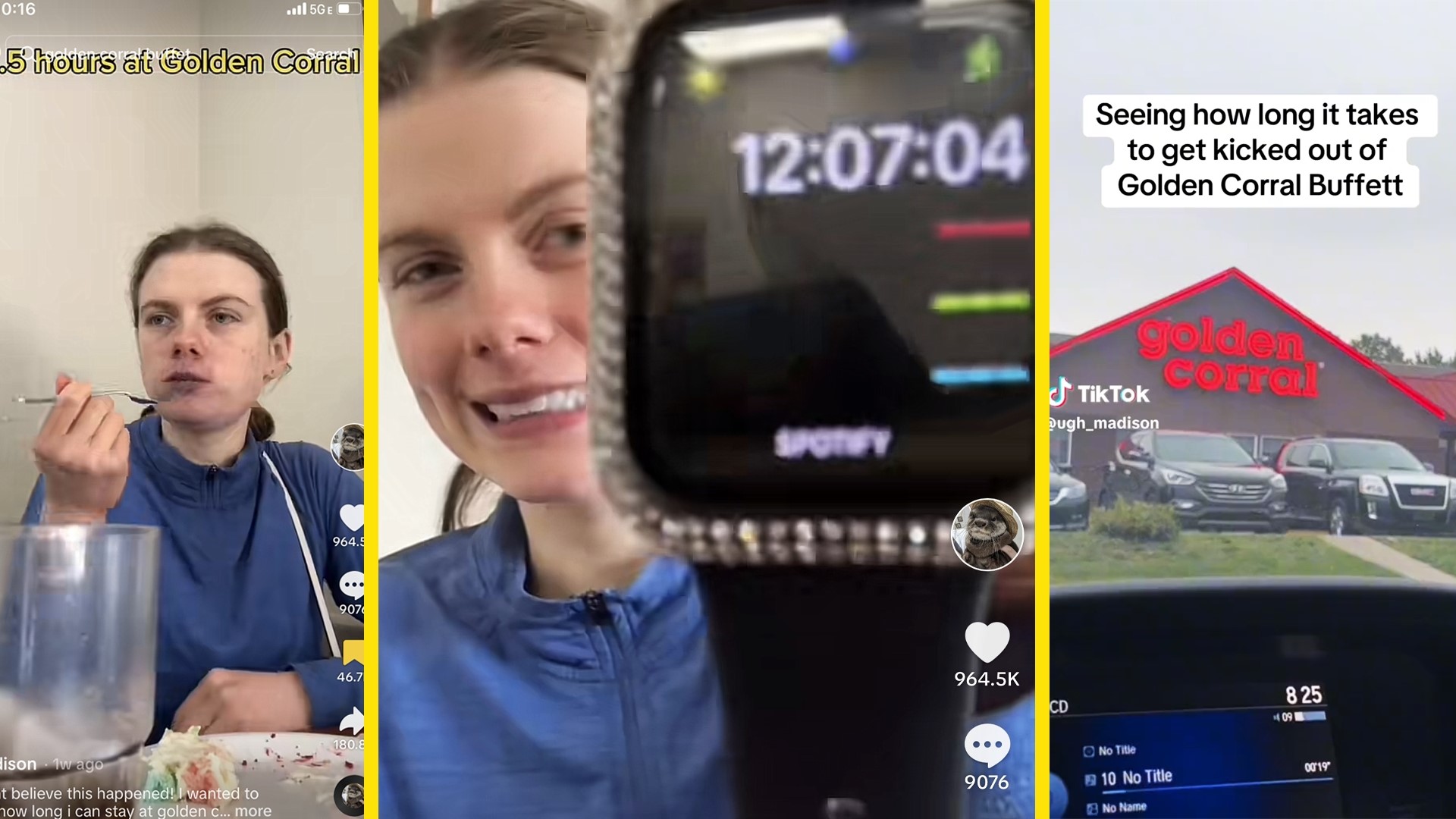INDIANAPOLIS — No matter how appealing the thought of hitting the open road may be - especially during the pandemic - don't expect to get a free ride from a Facebook post.
By now, you've undoubtedly seen a few, or a few dozen, of your friends sharing their "chance" at winning a free recreational vehicle on Facebook. Maybe you've even shared the posts yourself, hoping for a new home on wheels.
But it isn't happening.
The "RV post" is the latest in a recurring and seemingly never-ending rotation of Facebook contests that look too good to be true.
That's because they are.
Most of those contest posts are fake, whether it's to win an RV, a tiny house, a dream cruise or a shopping spree at the local supermarket.
The most recent contest that's reeling hopeful Facebook users in by the thousands is the chance to win an RV. It got so out of control, even the RV companies themselves have taken to social media to tell their fans it's all a hoax.
"We are not running a giveaway for a 2020 Seneca or any other Jayco RV," Jayco said in a Facebook post this week.
Newmar, another RV brand co-opted by the fake contest to draw in likes and shares, issued a similar warning.
"If such a giveaway was to occur we would have promoted this on our social sites and well as on our website," the company said.
So who is behind tricking the masses into the contest of their dreams?
Last summer, when the scam du jour was a tiny home (which, incidentally, has resurfaced this week), WFMY explained how the fake contests work and why someone would go through the trouble of creating a contest that doesn't exist.
It's called "Facebook farming."
A Facebook user creates a fake giveaway to get lots of likes on one page. They then sell the page on the internet's black market. A page with 100,000 likes goes for $1,000, according to some tech experts.
After the sale, the new owner will pull all signs of the giveaway from the page and use it to then promote their own products or to send you a new scam aimed at getting your personal information.
In fact, one of the pages that had been offering an RV giveaway has already removed the post (or, potentially, had it removed by Facebook), but has more than 364,000 "fans" who like the page.
RELATED: Been answering those Facebook quizzes? The Better Business Bureau says watch out for scammers
Disclaimer: There sometimes is a real give away on Facebook. So watch out for these red flags to know for sure:
In the "Page Transparency" section of the company's Facebook page, it often shows the bogus page was created just weeks, if not days, earlier. A well-established company will likely have a Facebook page that was created much longer ago.
Next, look at the timeline. If a contest page has just one post, but tens of thousands of likes, that should be an immediate warning light to move along. Companies build Facebook followings with regular posts over time, especially those with six-figure followings.
One of the current trends with these contests is a post that says something to the effect of "unfortunately, our first winner (insert name and hometown here), was ineligible to claim the prize," due to age or other violations of the non-contest's "rules." In fact, as soon as you see that, it's probably a good idea to move on immediately.
Check the "About" section of the contest page. If there's no official-looking email or phone number, that's a red flag. Remember that anyone can make up a Gmail address and can even make it look "official."
Finally, look at the pictures being used to show off the prizes. In the case of the tiny house, WFMY found the photo being used to advertise the contest was ripped from a Pinterest post.
But it's most important to trust you instincts, no matter how tempting the prize. WFMY even found one woman who wrote on the post about the tiny house, "I don't believe these posts are real, but worth a chance!"
Remember, the only chance you're really taking is one that could get your identity stolen or scam you out of your hard-earned money.





